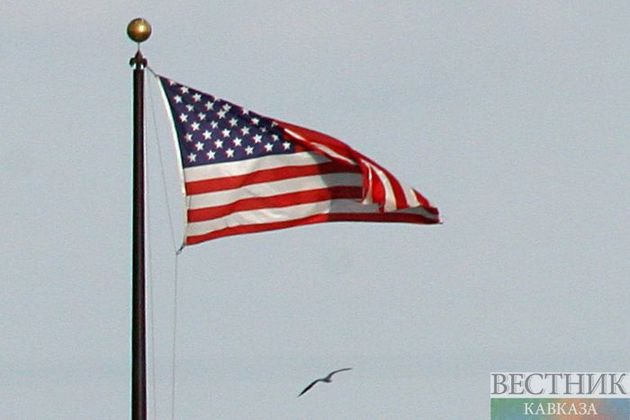U.S. Secretary of State Mike Pompeo said that the United States had made progress with Russia on nuclear arms control recently.
"In the last handful of months, we’ve been working diligently to get the three nations that have the largest nuclear capabilities - the United States, Russia and China - to have strategic dialogue about how we move forward together to decrease the risk to the world," Pompeo told reporters.
"We’ve made progress with the Russians; we’ve had two good gatherings. I hope we’ll have one before too long, and we’re hopeful that the Chinese will choose to participate," Reuters cited Pompeo as saying.
"I hope they’ll participate in that. We hope the Russians will urge them to participate in that and we hope the whole world will come to understand that it’s very important that those three nuclear powers with significant resources and capabilities will all come together to create a more robust, more stable strategic situation with respect to the risks not only of the use of nuclear weapons, but on their proliferation as well," he added.
The New START Treaty will expire at the beginning of 2021 unless Moscow and Washington agree to renew it. The Treaty between the United States of America and the Russian Federation on Measures for the Further Reduction and Limitation of Strategic Offensive Arms (the New START Treaty) entered into force on February 5, 2011. The document stipulates that seven years after its entry into effect each party should have no more than a total of 700 deployed intercontinental ballistic missiles (ICBM), submarine-launched ballistic missiles (SLBM) and strategic bombers, as well as no more than 1,550 warheads on deployed ICBMs, deployed SLBMs and strategic bombers, and a total of 800 deployed and non-deployed ICBM launchers, SLBM launchers and strategic bombers.
The New START Treaty will remain in force for 10 years, until February 5, 2021, unless it is replaced before that date by a subsequent agreement on the reduction and limitation of strategic offensive arms. It can also be extended for no longer than 5 years (that is, until 2026) by the parties’ mutual consent.
Moscow has repeatedly called on Washington not to delay prolongation of the treaty it describes as a golden standard in the area of disarmament.






